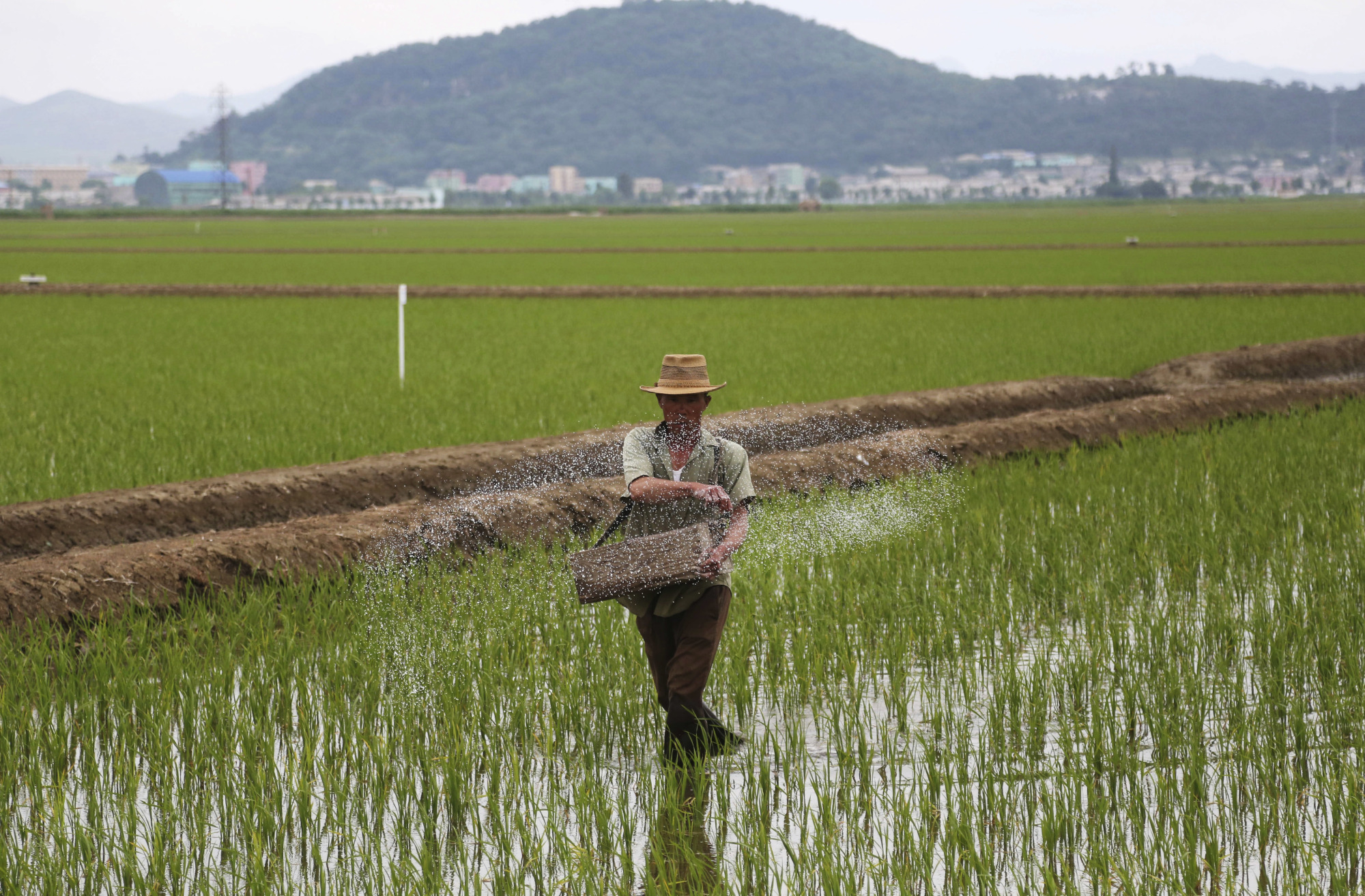A heat wave in North Korea has led to rice, maize and other crops withering in the fields, "with potentially catastrophic effects," the International Federation of Red Cross and Red Crescent Societies (IFRC) said on Friday.
The world's largest disaster relief network warned of a risk of a "full-blown food security crisis" in the isolated country, where a famine in the mid-1990s killed up to 3 million people. It said the worrying situation had been exacerbated by international sanctions imposed due to North Korea's nuclear and missile programs.
In a statement issued in Geneva, the IFRC said there had been no rainfall since early July as temperatures soared to an average 39 Celsius (102 Fahrenheit) across the country, whose official name is the Democratic People's Republic of Korea (DPRK). The next rain was expected in mid-August.



















With your current subscription plan you can comment on stories. However, before writing your first comment, please create a display name in the Profile section of your subscriber account page.